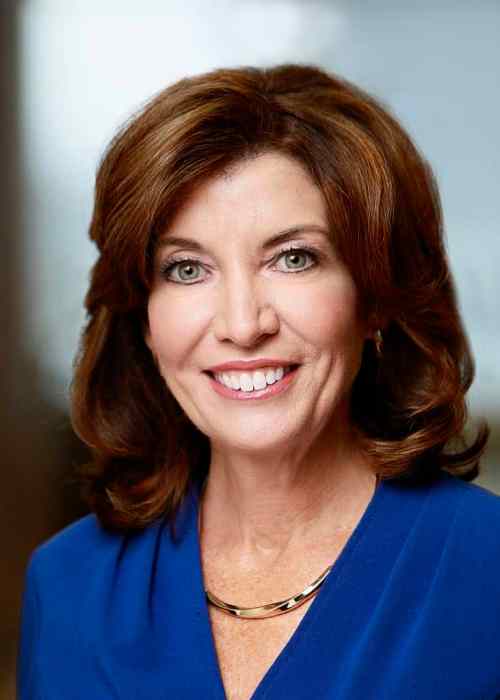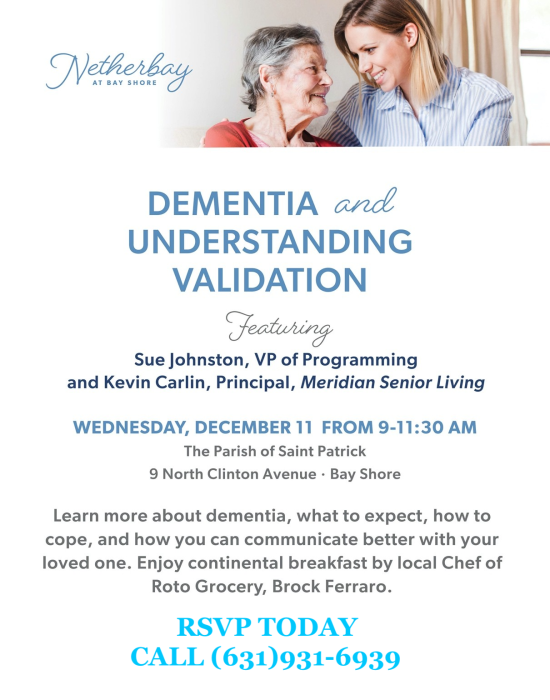 It wasn’t necessary for the slaughter of innocents at Sandy Hook to validate that there is evil in the world. But it did affirm that if the massacre of six-year-olds isn’t off limits, then nothing is. Sadly, we are reminded of this again after the senseless killings at Umpqua Community College in Roseburg, OR on Oct. 1.
It wasn’t necessary for the slaughter of innocents at Sandy Hook to validate that there is evil in the world. But it did affirm that if the massacre of six-year-olds isn’t off limits, then nothing is. Sadly, we are reminded of this again after the senseless killings at Umpqua Community College in Roseburg, OR on Oct. 1.
As after Sandy Hook, mental health experts offered tips to speechless parents about how to soothe their children. Their advice: reassure safety, limit media exposure, offer distractions to prevent obsessive worry, watch for angry outbursts and depression and if symptoms persist, seek professional help.
I imagine if parents speak to their children from their guts instead of their heads and hearts, they’d say, “It’s a cruel world, evil is everywhere, watch your back and don’t trust anyone.”
Since Sandy Hook, there have been 142 school shootings. After some time passes, Umpqua Community College will become another tombstone in our collective psyche, alongside Columbine, Virginia Tech and many more.
The two major talking points will continue to be preventing gun violence and promoting mental health. On gun violence, the discussion is about maintaining the right to bear arms and taking steps to keep certain guns out of uncertain hands.
The gun lobby is formidable. On the other hand, it seems that children don’t have a voice until they are in the ground. Children die, grieving parents become tireless advocates and laws are passed named after their deceased children.
Yet, although the Sandy Hook tragedy ignited a national discussion on mental health, not much has changed. People with mental health problems often feel shame and suffer in silence, while major metropolitan newspapers exploit and discredit people suffering with mental illnesses with malicious name-calling that reinforces fear, mistrust and stigma.
Many people might be surprised by the fact that most violent acts are not committed by persons with mental illness. In fact, people with mental illness are disproportionately the victims of violence. New gun laws require that the names of individuals with severe mental illness who are designated as dangerous be recorded in a national database. Whether this will improve public safety or generate a witch hunt that further stigmatizes the mentally ill remains to be seen. In any case, what it doesn’t do is address the problem of better access to quality mental healthcare that takes into account an individual’s needs and social circumstances in a holistic manner.

According to a subcommittee on mental health chaired by U.S. Representative Tim Murphy, 75 percent of all serious mental illness occurs before the age of 24 and 50 percent before the age of 14. Yet, only one out of five children who have emotional disturbances receives treatment from a mental health specialist.
Early screening by schools and pediatricians is a promising development. But beyond screening, many states only assure continued access to mental healthcare to children and families with Medicaid coverage, which leaves a significant number of children and adults in the lurch. The government throws the underinsured middle class and working poor overboard with no life preserver.
And the health insurance industry is no better. Most private health insurers pay substandard rates that community-based agencies can no longer afford to accept. To add insult to injury, profit-driven insurance authorization denials kill people. For example, in 2001 Timmy O’Clair, a 12-year-old from upstate New York, committed suicide after his parents were unable to obtain mental health treatment for him due to health-insurance coverage limits.
Timmy’s death was the impetus for the passage of Timothy’s Law, which extended insurance coverage for mental health treatment in New York. Although the Affordable Care Act extends federal parity protections, profit-driven insurance companies have a very long way to go to meet their mandate for adequate networks of care. When they don’t meet the mandate, we must expose them and fight to have their licenses revoked.
Although this is a story about a school in rural Roseburg, OR, as it was in Sandy Hook a blink of an eye ago, it’s really a story about the thousands of children that community-based mental health agencies guide safely to shore every year, offering them the chance to see a brighter day. To do this we need to overcome stigma and fight for funding that allows for ready access to quality mental healthcare.
Andrew Malekoff is the executive director of North Shore Child & Family Guidance Center, which provides comprehensive mental health services for children from birth through 24 and their families. To find out more, visit www.northshorechildguidance.org.





























